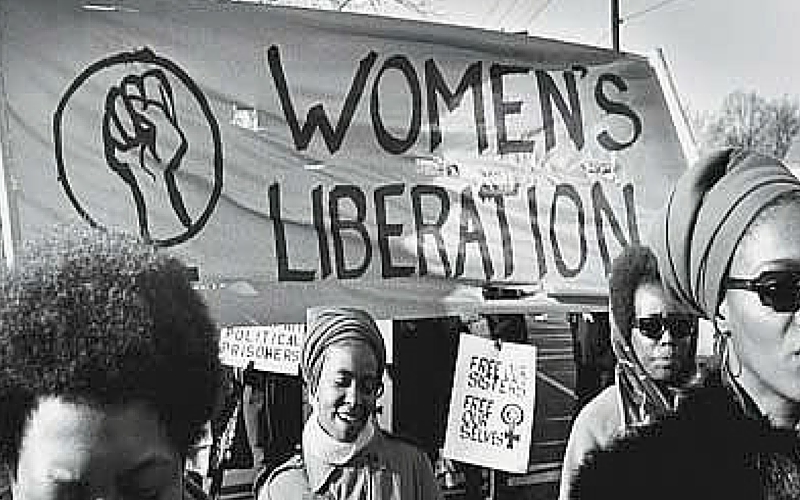
Black Feminism vs. Traditional Family Values
In the beginning women fought for the right to be viewed as human. In those days women in general were viewed as sub-human hence the women’s suffrage movement. Women wanted the right to vote and the right to enter the workforce as equals. They marched across the country, lifting placards and demanding their rights.
As part of the broader feminist movement, the black feminist movement states that it grew out of the liberation movement or civil rights because black women felt they did not have a voice there. The contributions of women to the modern-day civil rights movement of the late 1950s and early 1960s was also propelled by women like the seamstress Mrs. Rosa Parks. She became the face of the Montgomery Bus Boycott which was organized and supported by Dr. Martin Luther King and the Southern Christian Leadership Council. During the civil rights movement women were respected and fought for economic rights together with men.
In the United States today black women make $0.70 for every dollar that a white man makes for doing the same job. This income disparity has led to less wealth building in the black community. Some critics argue that white women were the biggest beneficiaries of the civil rights movement because it gave them access to corporate America and an opportunity to become the economic equals of white men.
Black feminists however have abandoned the fight for economic equality and centered on social equality and sexual rights. In today’s world the black feminist movement is more famous for defending sexual rights and social causes such as the slut shaming of Amber Rose, the epitome of anti-family and anti- decency anti-morality. The slut shaming cause wants women who indulge in sexual deviancy and violate black values to be accepted even as they destroy the black community and disregard the things that would make us better as a people.
The pursuit of sexual rights rejection of traditional black family values has led to these unintended consequences:
- The abandonment of the fight for economic equality which perpetuates poverty
- The over reliance on government programs and vouchers to support black children
- Proliferation of single parenthood (In 2015, 70% black children in the United States were born to single mothers).
- In 2012, a child living in a single female-headed family in the United States was four times more likely to be poor than a child living in a married-couple family.
- In 2012, among all children living in single female-headed families in the United States, 47.2 % were poor. In contrast, among children living in married-couple families, 11.1% were poor.
Traditionally the black family consisted of a man a woman and their children. Now the American feminist movement is looking to export their sexual revolution to the African continent. Six of the world’s fastest growing emerging economies are in Africa The results of the American sexual rights and revolution are self-evident and Africans have to decide whether the American disintegrated family or the traditional African family values will lead Africa into an emerging society to take its place on the global stage or not.




3 Comments
by claire
As a black woman in America people are always surprised that i have no children in my late twenties. This infuriates me because their default perception is that black women have no other pursuits besides making bastard babies. Feminist agenda has created this image.
by afrogal
Feminism is good if it sticks to economic rights.Social rights have destroyed Black America.If they bring this junk to Africa we will be destroyed. Feminism has done nothing for Black women in America but create ghettos filled with bastard babies & diseases, crime & poverty & support the prison industrial complex.
by Gwen nxumalo
Why did feminism shift from fighting for economic rights to social rights when the economic fight had not been won? The article does not address this.
Comments are closed.